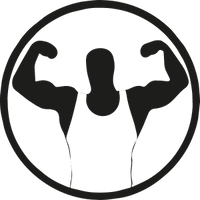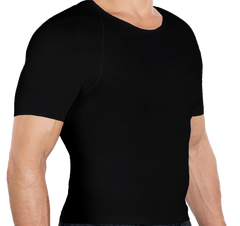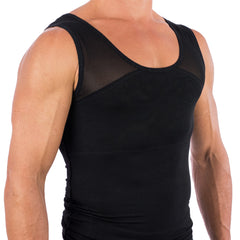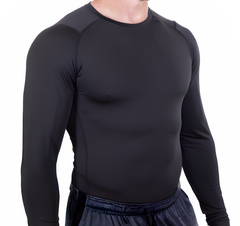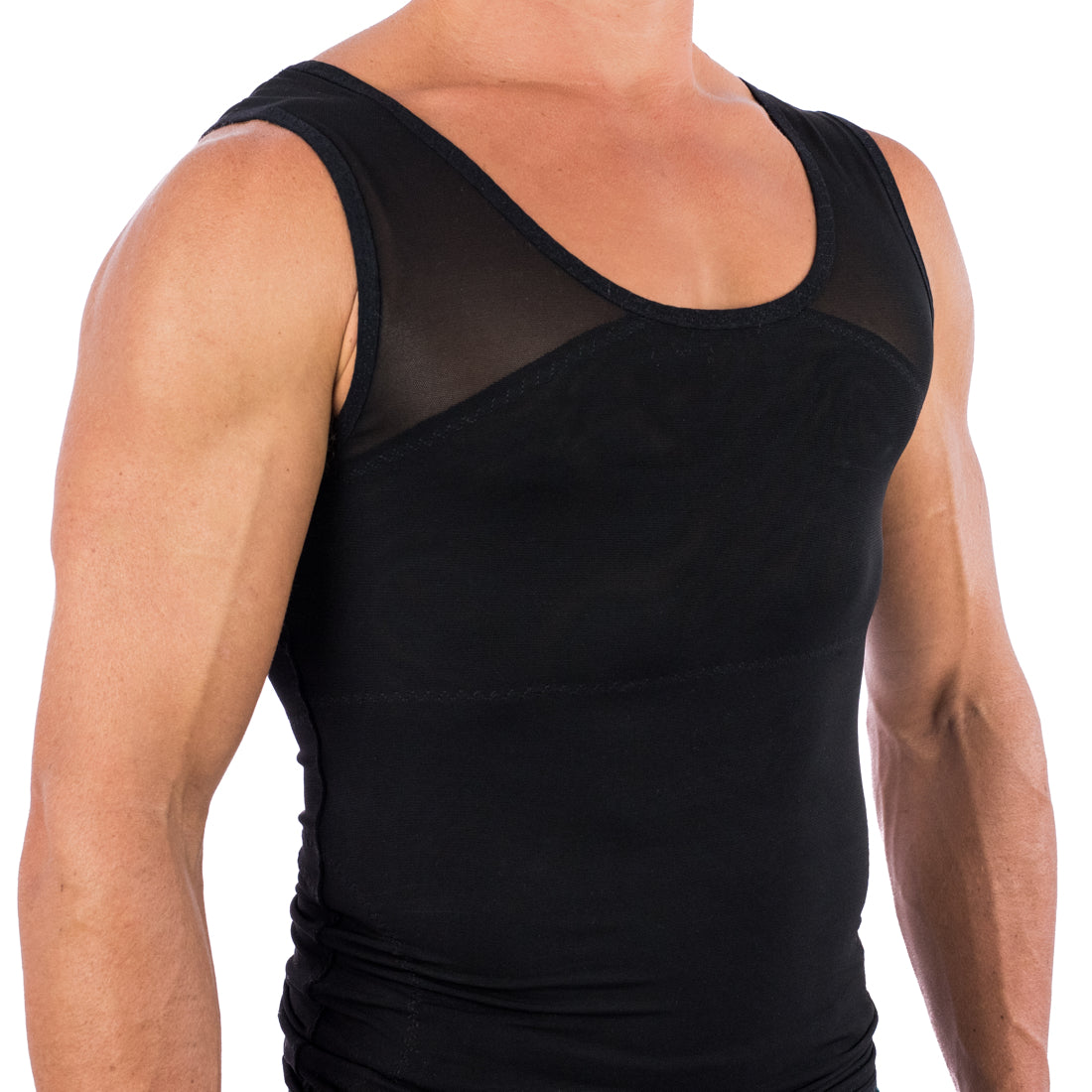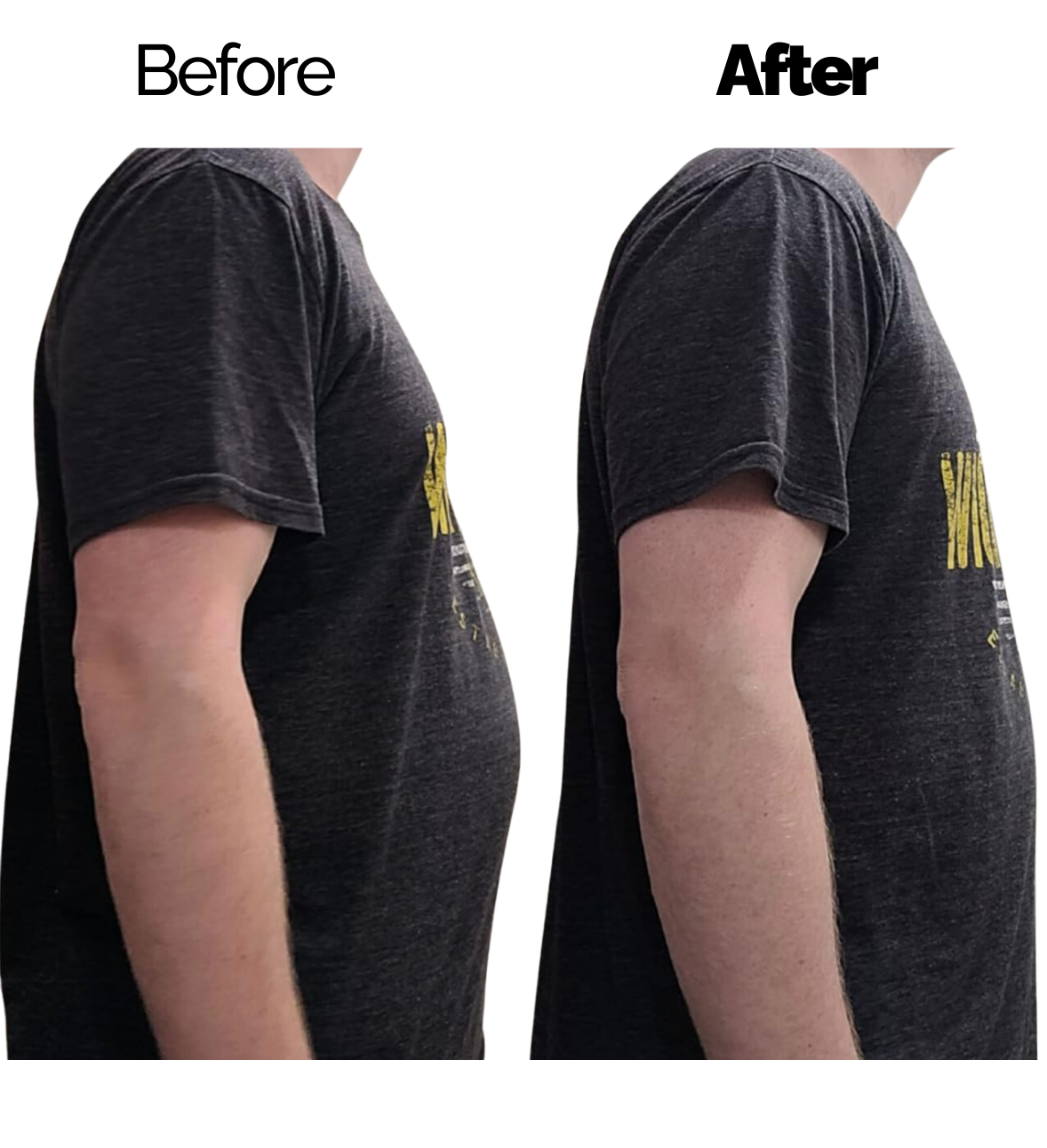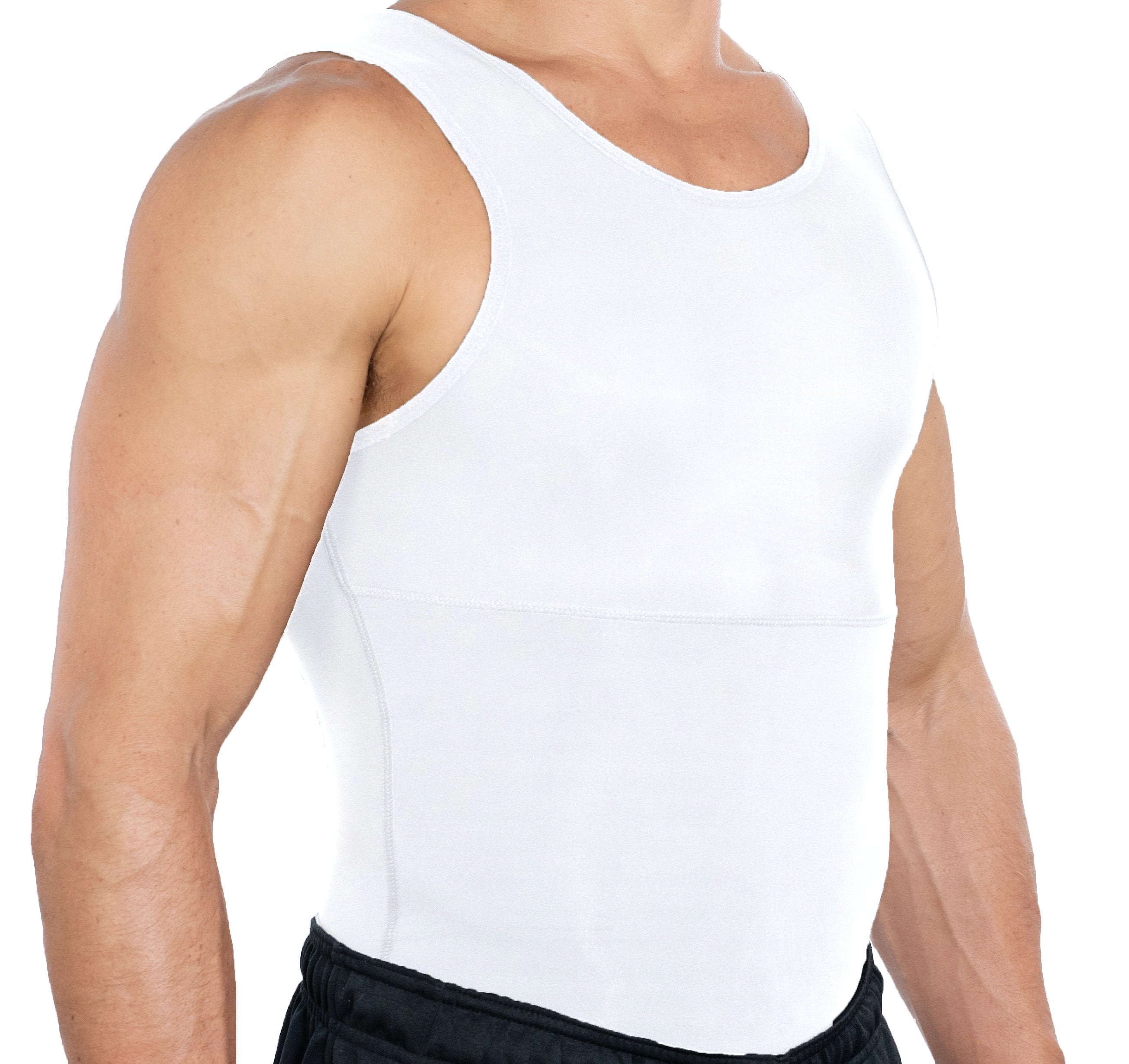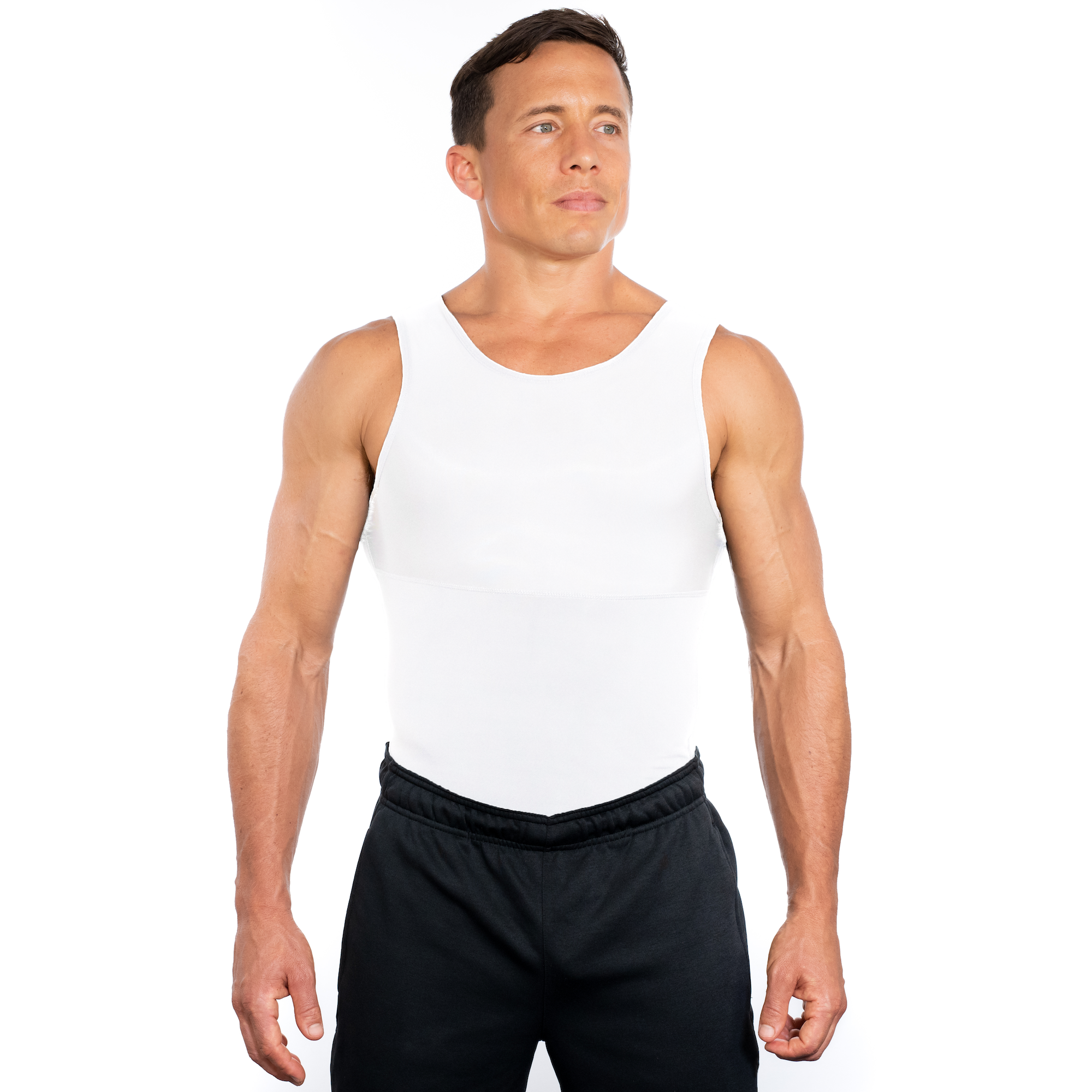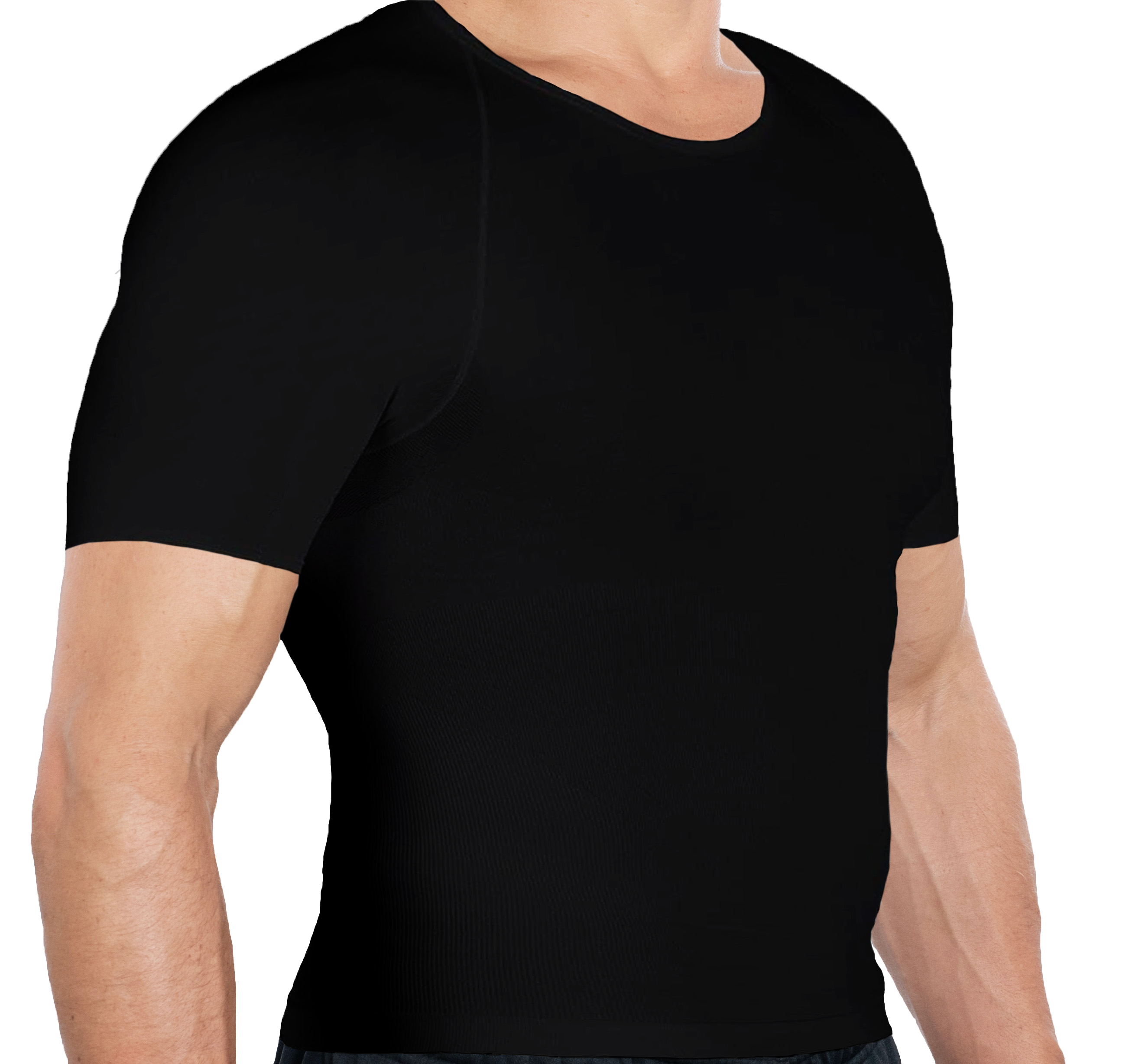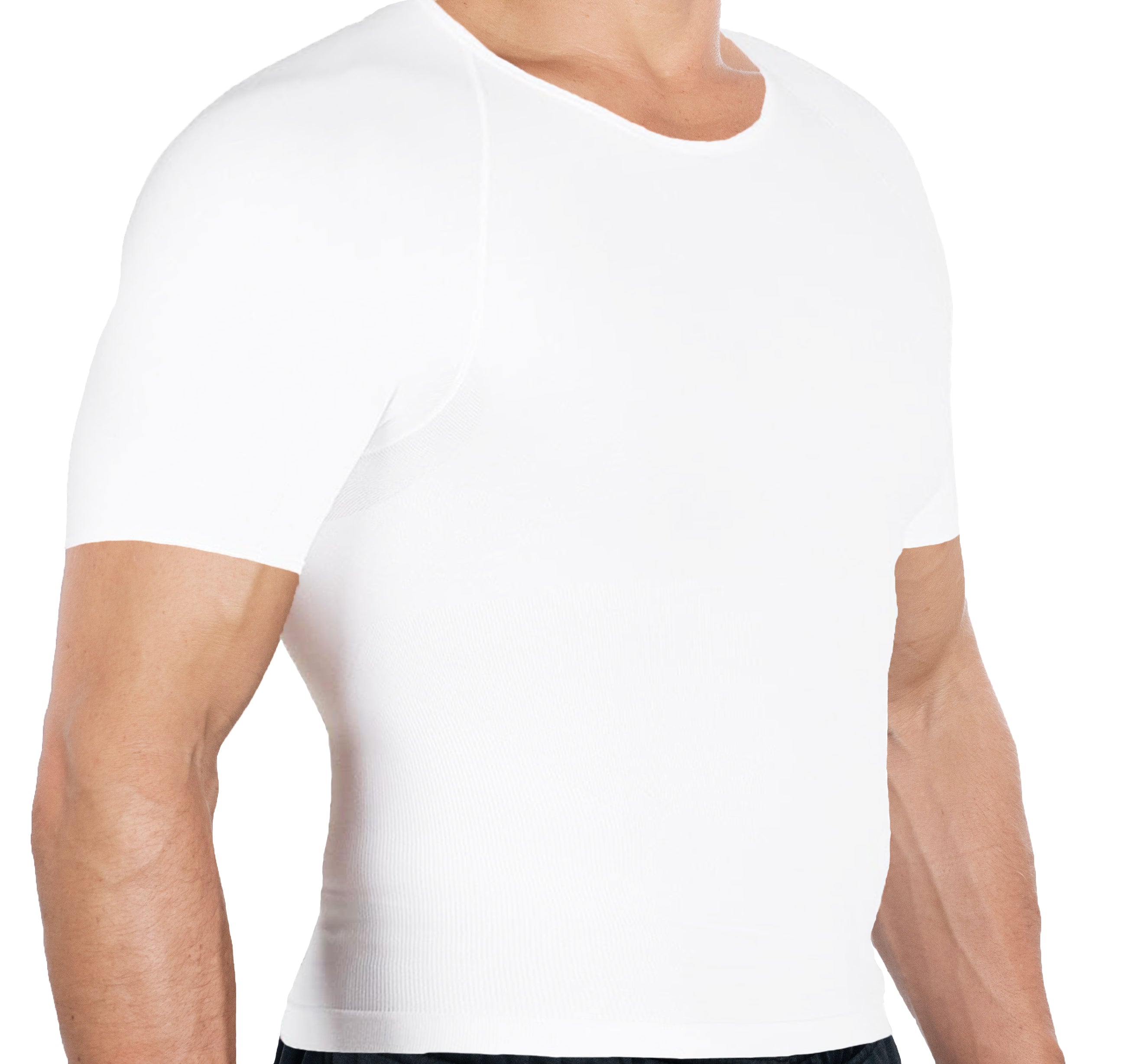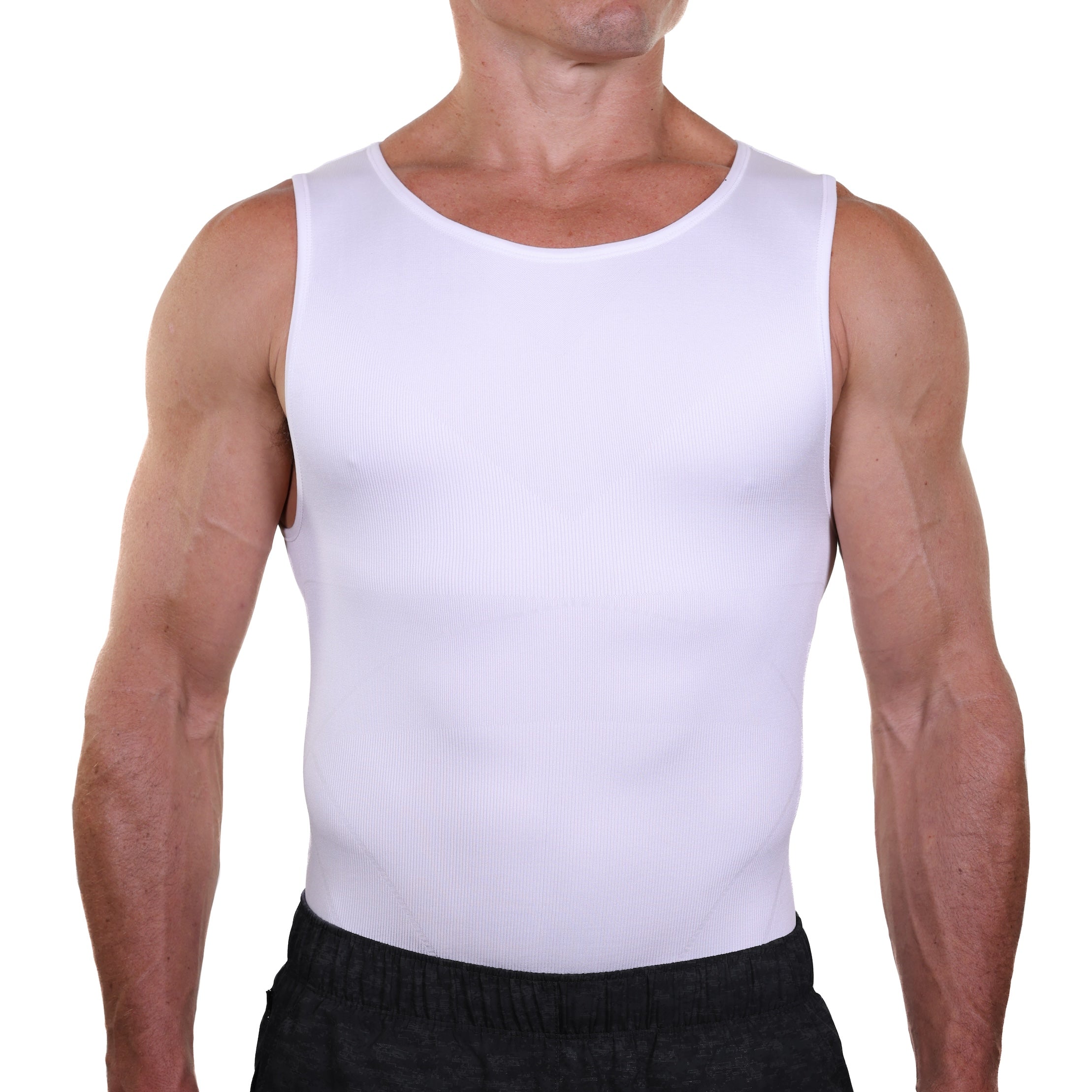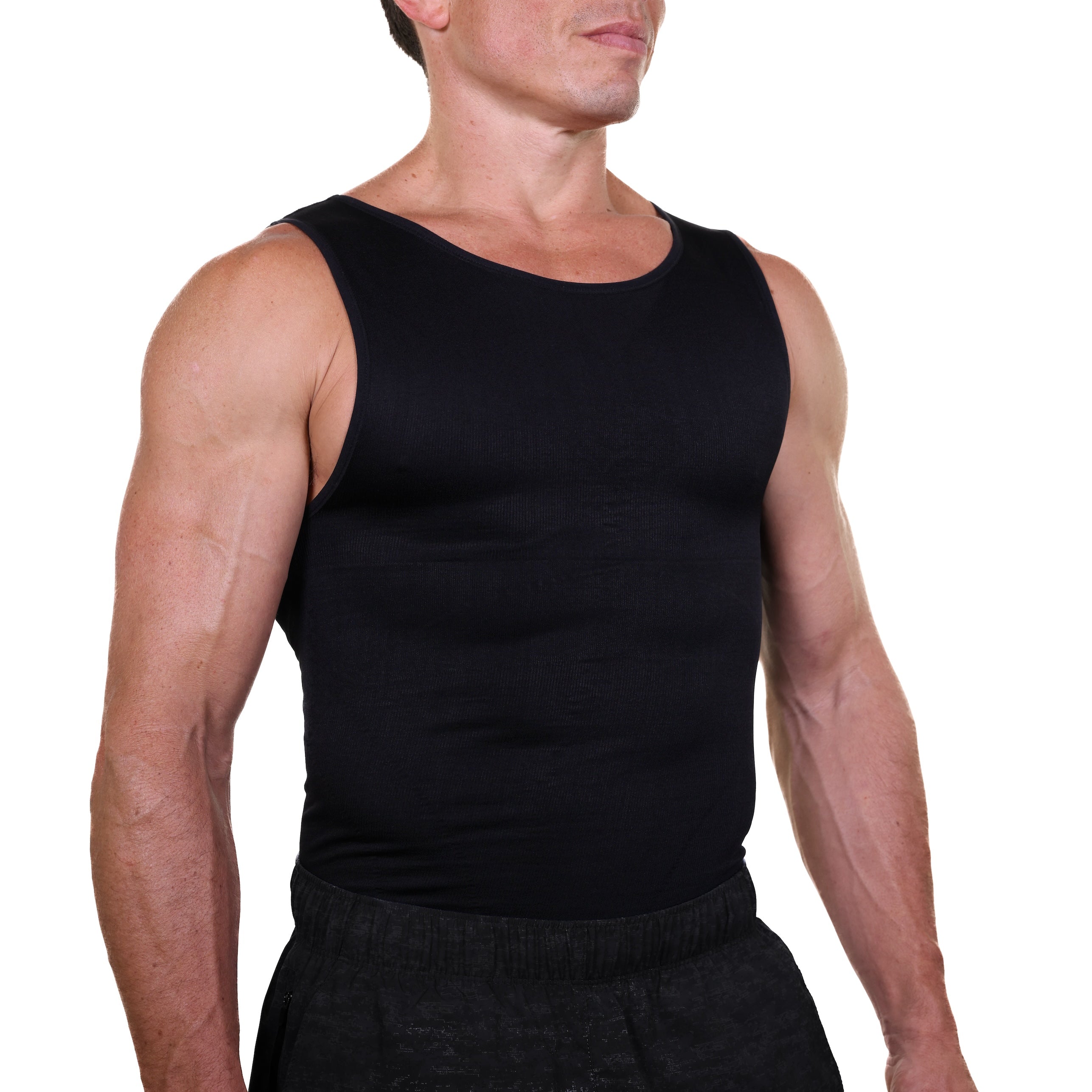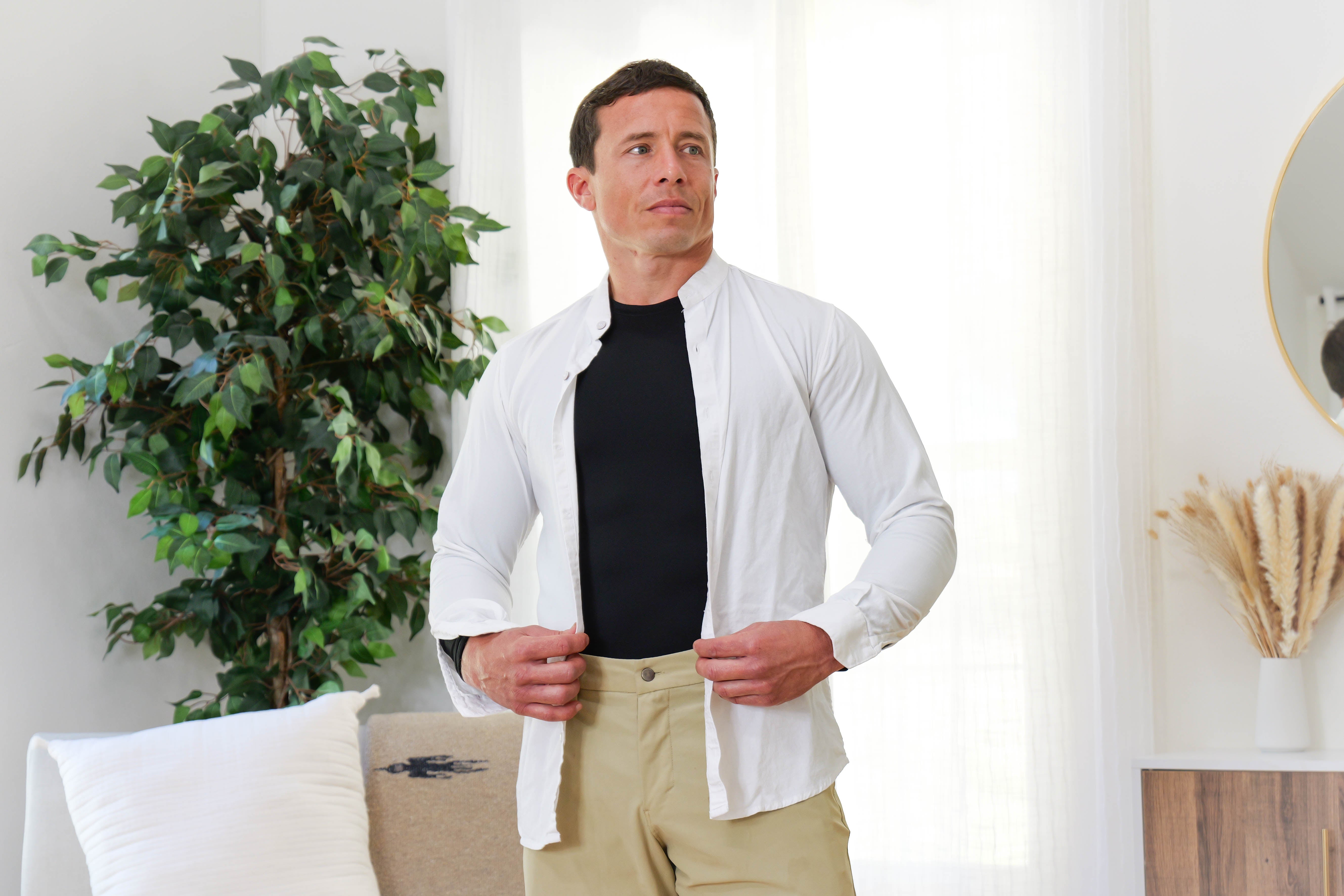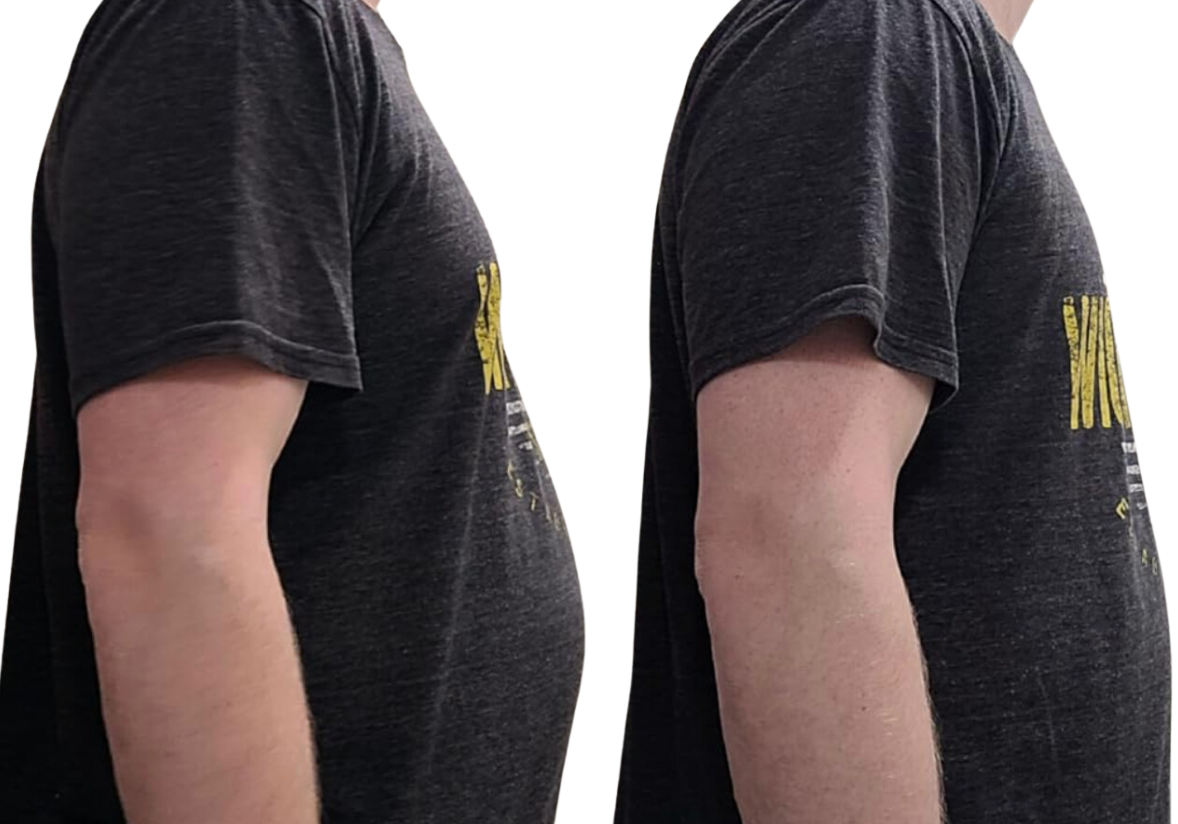Gynecomastia means enlarged breast tissue in males. This common issue often shows up during puberty in boys. Boys might worry about gynecomastia and feel upset, but it helps to know that it doesn't last long and isn't harmful.
Hormone shifts in puberty can throw off the balance between estrogen (a female hormone) and testosterone (a male hormone) in boys. This hormone imbalance can lead to gynecomastia. In most cases, it goes away on its own in a few months to a couple of years. However, some natural treatments can ease the symptoms and speed up recovery.
Understanding the causes of gynecomastia in pubescent boys
Hormonal changes cause gynecomastia in pubescent boys. The body produces more estrogen during puberty, which can make breast tissue grow. Several things can trigger this rise in estrogen levels, like being overweight taking certain drugs, having hormone problems, and even smoking weed.
Keep in mind that gynecomastia doesn't happen because of extra fat, but because breast tissue grows. So even thin boys can get gynecomastia. Knowing what causes gynecomastia can help to find good natural ways to treat it.
The emotional impact of gynecomastia on pubescent boys
Gynecomastia has a big effect on the emotions of pubescent boys. The physical changes make them feel embarrassed, self-conscious, and less confident. Boys might skip physical activities, swimming, or any situation where others can see their chest.
Parents, caregivers, and teachers need to support and understand boys who have gynecomastia. Talking , giving reassurance, and teaching about how the condition won't last forever can help reduce emotional stress. Also, using natural remedies can help lessen symptoms and give boys a feeling of control over what's happening.
Natural remedies for gynecomastia
Natural remedies exist to help ease the symptoms of gynecomastia in boys going through puberty. These remedies aim to balance hormones, boost overall health, and lower inflammation in the body. Keep in mind that natural remedies often need time to work, so staying patient and sticking with them is crucial.
Diet and exercise to reduce gynecomastia
A healthy diet and regular exercise can help lessen gynecomastia symptoms. Eating lots of fruits, veggies lean proteins, and whole grains can balance hormone levels and support overall health. It's best to cut back on processed foods sugary drinks, and foods high in saturated fats.
When it comes to working out, it's good to mix cardio and strength training. Cardio exercises like running, swimming, or biking help you burn extra fat and lose weight. Strength exercises such as push-ups, chest presses, and dumbbell flyes can tone your chest muscles and make gynecomastia less noticeable.
Herbal remedies for gynecomastia
Some herbs have a history of use to tackle hormone problems and lessen signs of gynecomastia. These include turmeric, flaxseed, ginger, and green tea. Turmeric fights inflammation and can help decrease swelling in breast tissue. Flaxseed has lignans, which can help balance hormones. Ginger can stop estrogen from being made, while green tea has stuff that can help control hormone production.
You should talk to a doctor or herb expert before you start using herbs as treatment for boys going through puberty.
Essential oils for gynecomastia
Essential oils serve as natural treatments for gynecomastia. Lavender oil has anti-inflammatory qualities and helps decrease breast tissue swelling. Cypress oil tightens skin and minimizes gynecomastia's appearance due to its astringent properties. Tea tree oil, frankincense oil, and clary sage oil might also prove helpful.
You need to dilute essential oils correctly and do a patch test before applying them to your skin. You should ask a healthcare expert or aromatherapist for advice on using essential oils and .
Lifestyle changes to alleviate gynecomastia symptoms
Besides diet, exercise, and natural remedies, some changes in lifestyle can ease gynecomastia symptoms in boys going through puberty. These changes include:
- Keep a healthy weight: Extra pounds can throw hormones out of balance. Living a healthy life and watching your weight can help shrink man boobs.
- Stay away from things that act like estrogen: Some stuff in everyday items, like plastics, bug sprays, and bathroom products, can trick your body into thinking they're estrogen. Using less of these things can help keep your hormones in check.
- Handle stress better: Stress can mess up how your body makes hormones and make man boobs worse. To deal with stress, try stuff like meditating, doing yoga, or spending time on things you enjoy.
- Supportive clothing: Well-fitting and supportive undergarments help hide gynecomastia and boost comfort.
When to see a doctor for gynecomastia
Gynecomastia in teenage boys often goes away on its own. However, in some cases, you might need to get medical help. You should talk to a doctor if:
- Your gynecomastia lasts longer than two years
- It makes you feel upset
- Your chest hurts or feels tender
- You notice any signs of infection or stuff coming out of your nipples
- You have other symptoms that worry you
A doctor can check what's going on, make sure there's nothing else wrong, and tell you what to do next or how to treat it.
To wrap up
Gynecomastia happens to boys during puberty for a short time and doesn't cause harm. To help boys and those who support them deal with this stage better, it's good to know what causes it how it affects feelings, and what natural treatments work. Boys can ease symptoms and feel better about themselves by eating well working out , using herbs and essential oils, and changing some habits. But it's a good idea to check with a doctor if things don't improve or get worse. Over time, with understanding and the right steps, boys can handle gynecomastia well. This lets them feel good about their changing bodies.
If you or your kid have gynecomastia and want to learn more or get advice, talk to a doctor about treatment choices. Keep in mind being supportive and understanding plays a crucial role during this short-term growth stage.
